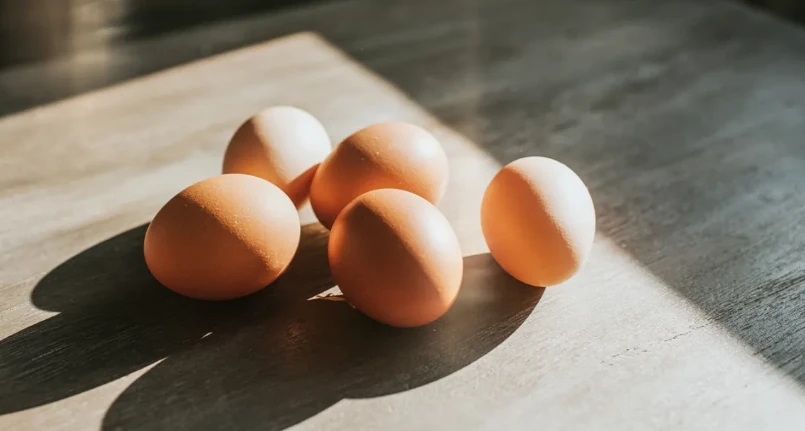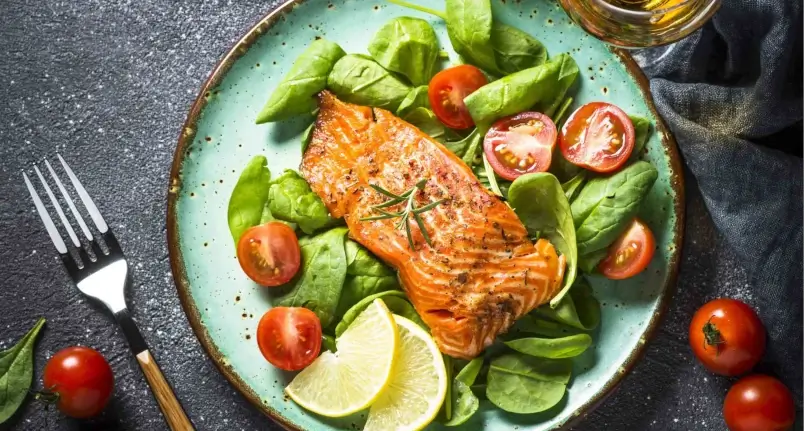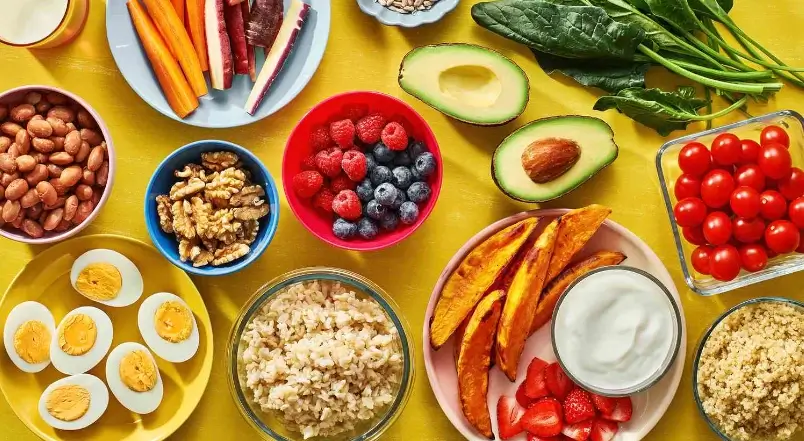Introduction
Eggs are one of the most nutrient-rich sources of protein to include in a healthy and balanced diet. They offer an appreciable supply of various vitamins and minerals. There are many ways to prepare them, but it is precisely the way eggs are cooked that affects their properties. Eggs, in fact, contain proteins and healthy fats, choline, B vitamins , vitamin D, good cholesterol, zinc and iron, all of which are health benefits. That’s why it’s important to cook eggs in a way that preserves , or even improves, their nutritional profile.
How many eggs can you eat per week?
How does the cooking method affect
How to cook eggs affects nutrition. The cooking process of eggs makes the nutrients they contain, in particular proteins, more bioavailable, as highlighted in a 2013 study published in The Journal of Food Sciences and Nutrition . In other words, cooking eggs causes the body to absorb and use more protein and vitamins. Generally speaking, iThe healthiest way to eat eggs would be to use heat high enough to kill disease-causing bacteria, but not too high as to reduce nutrients or cause oxidation of cholesterol. Oxysterols have been linked to an increased risk of disease. Additionally, cooking eggs over high heat can damage beneficial antioxidants, such as vitamin A, which help fight oxidative damage in the body.
Eggs: healthier ways to cook
Among the healthiest ways to cook eggs, we find:
- Poached Eggs : The heat of the fire, low and slow, does not harm any of the nutrients in this case . Poached eggs are cooked in boiling water for a few minutes, just enough to cook the egg whites leaving a slightly runny yolk.
- Scrambled eggs : the shell is broken and the eggs are scrambled in a hot pan with a spatula, as if forming soft, clear and frothy curds. Scrambled eggs are usually cooked over low heat, which helps preserve the nutrients. Better to use a non-stick pan and brush the surface with a little oil, so as to avoid using excessive doses of butter or oil, which can increase calories and fat .
- Boiled Eggs: When cooking hard-boiled eggs, you can make the yolks soft or firm by boiling them for a shorter or longer time. Soft-boiled eggs take about 6 minutes and hard-boiled eggs take 10 to 12 minutes. Egg whites cook faster than egg yolks, so the egg yolks need more time to boil completely. Hard-boiled eggs are a convenient source of protein that you can also have for breakfast . They also have no added fat from cooking oils, making them a nutritious choice. It is always a good idea to rinse the eggs under cold water before putting them to boil, so as to eliminate any residues on the shell.
- Baked Eggs Baked eggs can be served with a hard or very soft yolk, according to taste. They are cooked in about 10-12 minutes and can be served with vegetables cooked directly in the pan with the eggs or as a side dish. Also in this case they are suitable for a healthy breakfast. This slow cooking makes the nutrients bioavailable and easy to absorb.
- Omelets or Frittatas. Light and frothy beaten eggs. The omelettes can be plain, therefore simply prepared with eggs and a pinch of salt , or with the addition of vegetables and aromatic herbs , mushrooms in the eggs themselves or as a filling.
Beware of fried eggs
Fried eggs are cooked in a hot pan, usually with oil or butter, and can be made with a soft, runny yolk, or more cooked. They are tasty, however this cooking method uses high heat which can damage nutrients such as cholesterol and vitamins, and fats such as oils and butter to fry them.
Which oil to use?
What are the most suitable oils to cook eggs in a healthy way?
For cooking eggs that require the use of a pan (we therefore exclude the jacketed and hard-boiled ones) it is also possible to use medium smoke point oils.
This is because they do not require high thermal shocks, as is the case with sauteed, grilled or fried foods.
In some cases, such as for scrambled eggs and omelettes, paying attention to the smoke point, it is even possible to use half a knob of butter. What makes the difference, in these cases, is above all the quality of the pan, which must be strictly non-stick and “whole”.
When choosing an oil, only those rich in polyunsaturated fatty acids should be excluded, such as linseed, kiwi, grape seed, sesame oil, etc. Extra virgin olive oil, peanuts and sunflower (preferably the special one) are still fine.
How to cook eggs healthily: tips
A few kitchen tweaks can contribute to the healthiest cooking method when cooking eggs. For example:
- Condiments low in calories and sodium
- Pair eggs with vegetables or a side serving of whole-grain toast or oatmeal
- Prepare an omelette with simple toppings like fresh herbs (chives, cilantro, parsley, basil, onion) to add more flavor without using excessive salt, calories, and fat
- Use a non-stick frying pan to use a minimum amount of fat for cooking eggs
- Avoid combining fatty and high-calorie sauces or condiments




